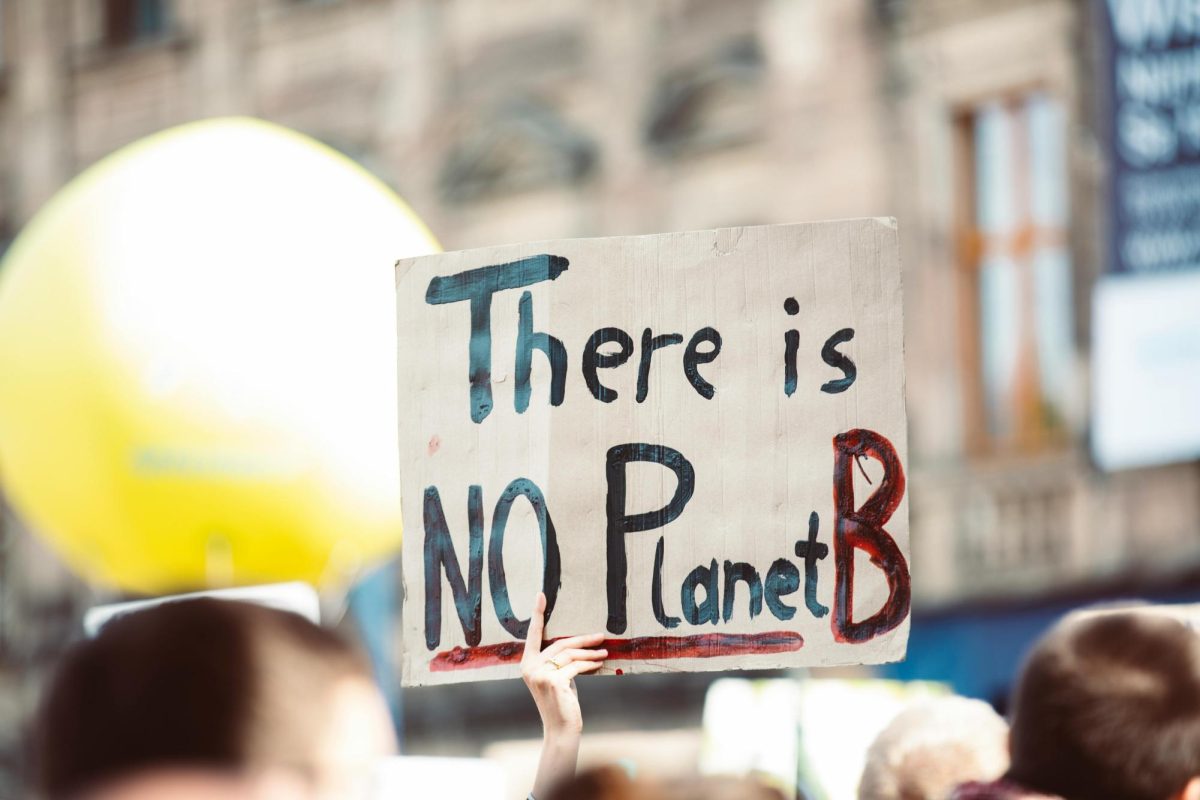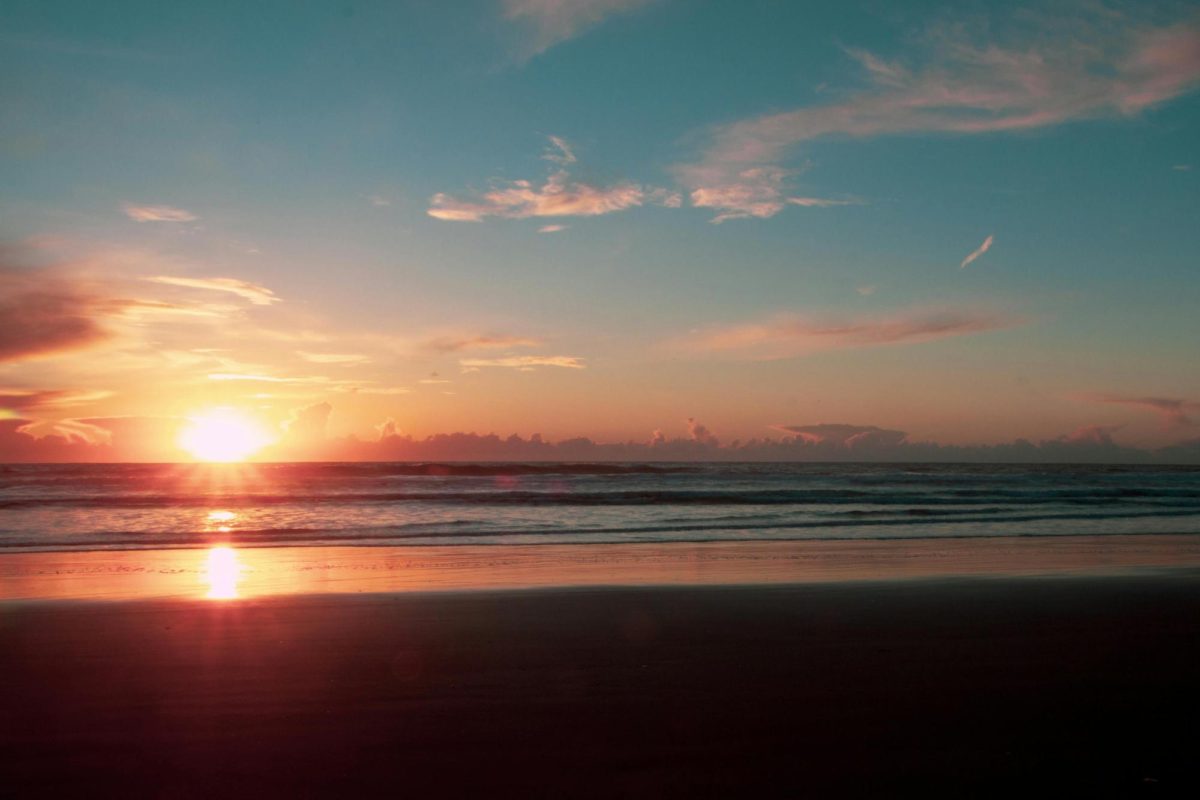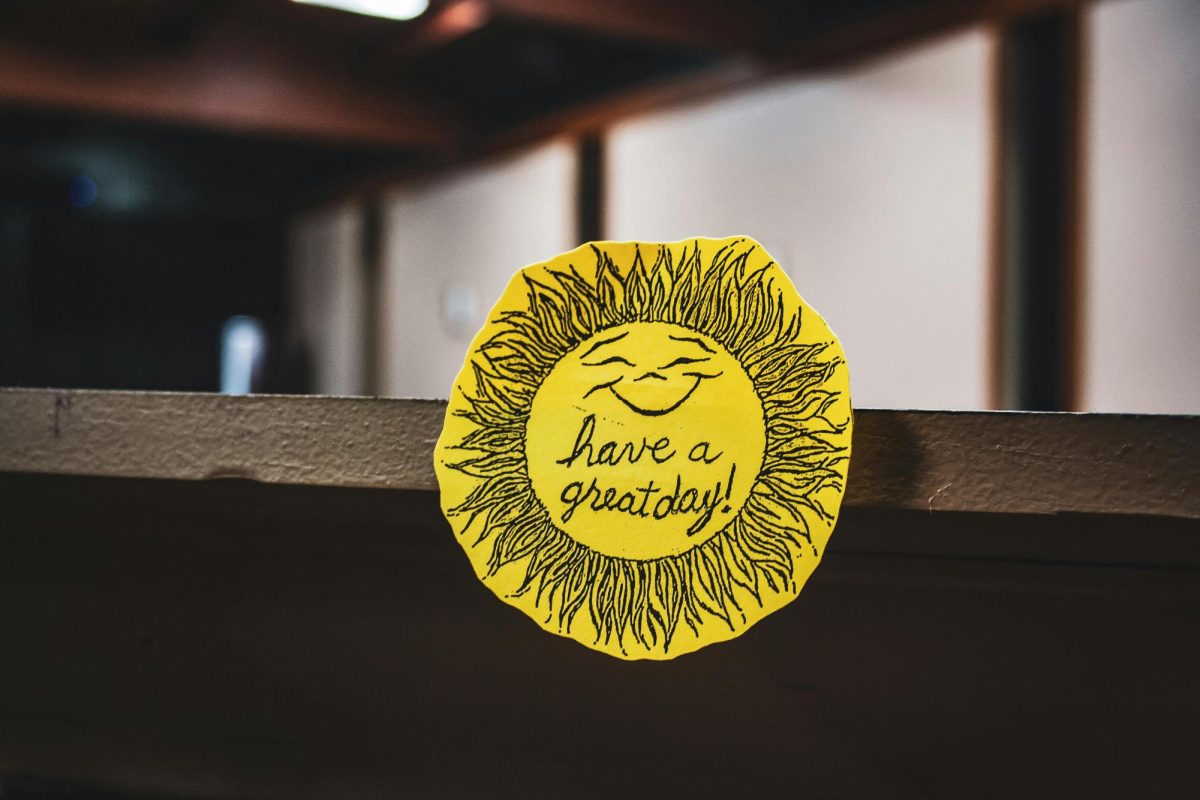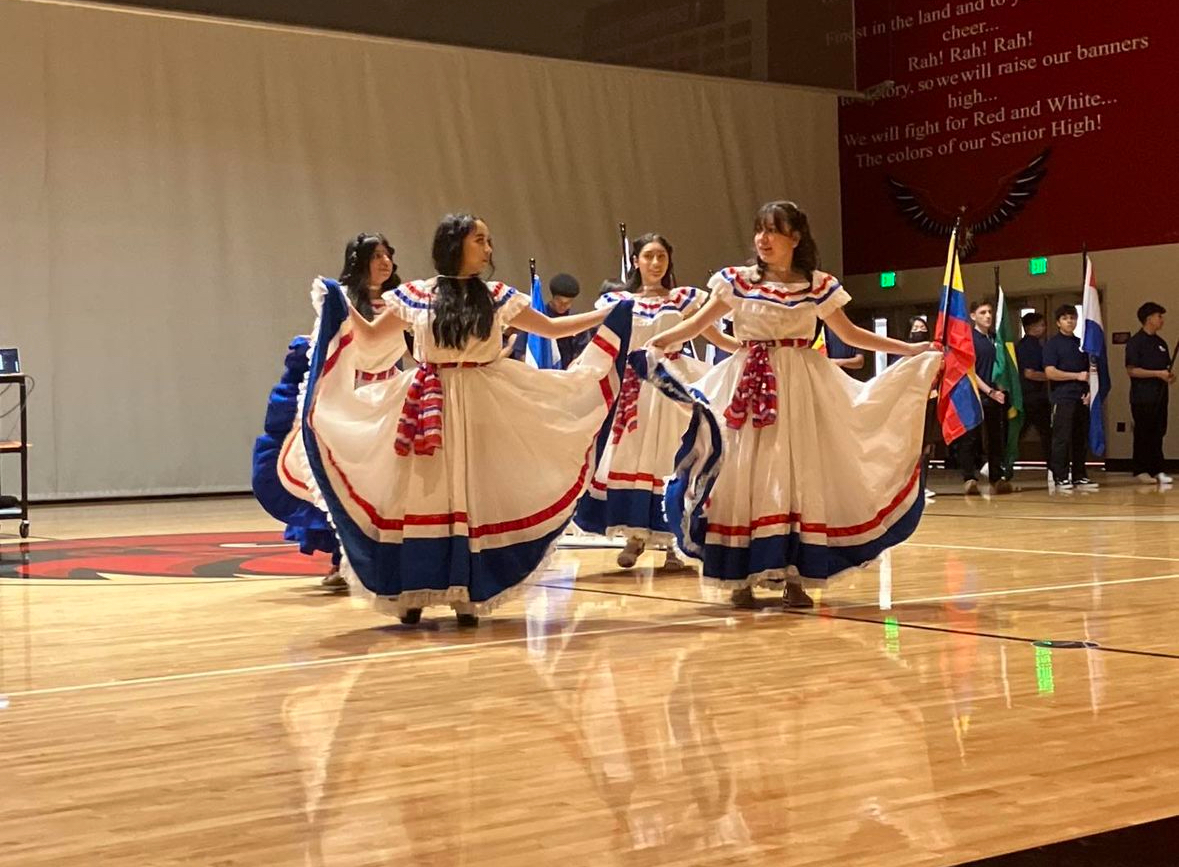Earth Day, as we likely know just based off of the name, is a holiday that centers around both Earth’s wonders and its current issues. Earth Day is a commemorated holiday despite lacking national federal recognition. While the holiday is observed on April 22nd for us in the United States, it is also celebrated in more than 193 countries around the world on either the same date or the day of the Spring Equinox.
April 22nd is an important date for the United States. Not only was the day chosen to appeal to students in the midst of spring break and final exams, but it was also chosen because it fell on Julian Koenig’s birthday. He was one of the people who helped push the holiday and even created the name of “Earth Day” to interest the masses. His reasoning for the name was because it rhymes with ‘Birthday’, which Koenig’s had also fallen on the same date.
Once the date was chosen and solidified in 1970, the first Earth Day was a national success. Over 20 million people nationwide ranging from primary and secondary schools to universities and residential sites attended the events, thanks to the advocacy of Senator Gaylord Nelson, who was the former governor of Wisconsin. His love for nature and the push for conserving our airs and waters was the reason why this holiday became so popular in the first place, which led to the eventual creation of the Environmental Protection Agency by the end of that same year. By 1990, over 140 different countries had begun to celebrate the event as well.
Unfortunately, this doesn’t mean Earth Day’s history is perfect. Despite the fact that Earth Day pushed more environmentalism into the public eye, many other non-white cultures who have participated and upheld the proper treatment of the environment for much longer got no credit. Indigenous people’s lands were the ones that Nelson commended to upkeep and maintain, yet they were given no acknowledgement when they fought for their stolen land and environmental degradation for years.
Black activists argued and that the environmental movement shifted the public’s attention away from racial injustices that were occurring in the nation at that time. The University of Pennsylvania and the Black activists had also had tension because of the displacement of many lower-class black West Philadelphians due to the renovation of Unit 3. Unfortunately, most of this history was swept under the rug in favor of the positive attributes of Earth Day.
It is better to bring negativity into the light, as racism has been dismissed throughout history. Keeping it in the spotlight will allow us to not repeat that behavior, and instead help us uphold both environmental and social justice, thus supporting everyone’s voices in this matter. We need diversity in voices to preserve our environment, but also to keep cultures and beliefs that align with the protection of nature. Despite this history, we should still celebrate Earth Day.
Even if we cannot change the history behind it, we can change the future instead.
There are several ways to celebrate the holiday this year and every year. You can volunteer at cleanups around the community, pick up trash that you see around the neighborhood (with gloves, of course!), visit a national park, do more research and dive into more of the history behind the holiday, and support or engage in environmental activism. These can all be affordable and local.
In conclusion, Earth Day isn’t just for “nature,” it is for all life as we know it. That means we must not only advocate for a better social system for our nation and government, but also support the voices who choose to speak out and learn from them. Supporting all life as we know it will be beneficial to everyone.
Sources:
“How a Mad Men Ad Exc Helped Brand the First Earth Day” – Reid Fraizer, April 21st, 2020
Why I dislike Earth Day – Sophia Manolis, April 23rd, 2019
Why do we celebrate Earth Day on April 22nd? – Deborah Byrd
Earth Day 2024 – Planet vs. Plastics – Alia Garrett
Julian Koenig, Well-Known Adman, Named Earth Day -Reid Fraizer, April 22nd 2015
The first Earth Day – History.com
To Save the Planet, We need Indigenous Perspectives -EarthDay.org, August 9th, 2019







